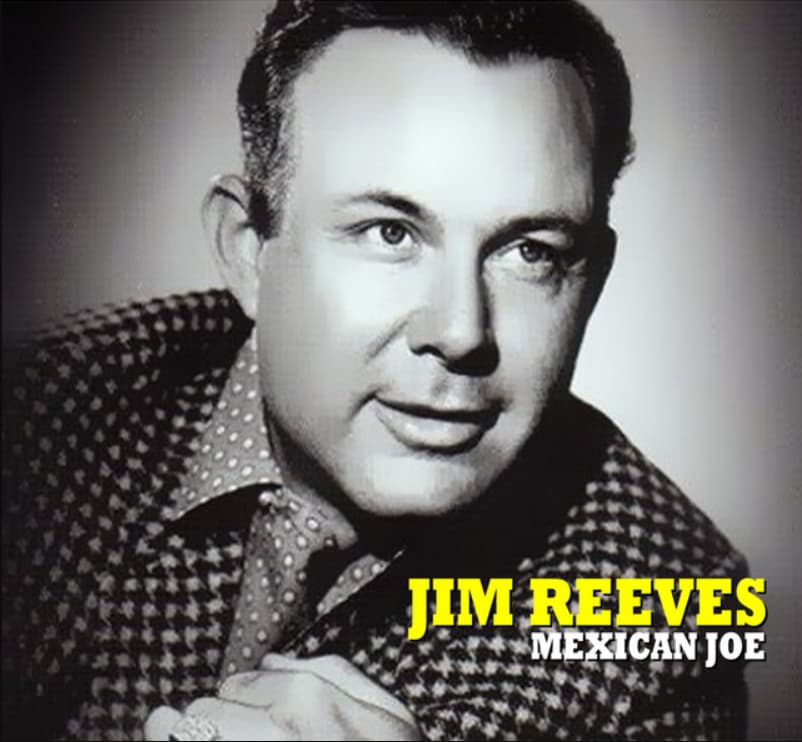
Remembering the Roaring Start: When Jim Reeves Was a High-Energy Honky-Tonker
Oh, to be transported back to the early 1950s, when the airwaves crackled with a sound that hadn’t quite settled into the smooth, velvet tones we would later associate with Gentleman Jim. Before the sophisticated Nashville Sound made him a global icon, Jim Reeves was a different man altogether—a rollicking, up-tempo honky-tonker—and no song better captures that youthful exuberance and raw, early-career energy than his 1953 breakout hit, “Mexican Joe.”
The song’s initial success wasn’t just a ripple; it was a tidal wave. Released on Abbott Records, “Mexican Joe” shot to the top of the country music charts. Sources vary slightly on the exact duration, but it was a massive hit, securing the coveted Number 1 spot on the U.S. country charts for an impressive six to nine weeks in the spring of 1953. This wasn’t just a hit; it was the hit that launched the career of a future legend, proving that the announcer from KWKH radio and the Louisiana Hayride had the star quality needed for national success.
The story behind “Mexican Joe” is fascinating, marking a stark contrast to the melancholy ballads that would later define Reeves’ signature style. Penned by songwriter Mitchell Torok, the track is a Western swing-influenced novelty song. It’s a lighthearted, infectious tale about a charismatic Mexican drifter, a “bandito” who’s a master of dancing, romancing, and gambling. The lyrics paint a picture of a carefree soul: “Don’t got no worry, don’t got no dough,” who is nonetheless the “Rhumba King” and beloved by all the “lovely senoritas,” even though they are the ones left with the bills. The song perfectly captured the era’s fascination with border tales and lively rhythms. This was an exciting, danceable record, backed by The Circle O Ranch Boys, featuring the lively fiddle of “Big” Red Hayes and the piano stylings of a young Floyd Cramer—long before Cramer became the architect of the Nashville Sound piano style.
The meaning of “Mexican Joe” is straightforward: it’s an ode to living life with carefree abandon, a celebration of charisma and the ability to win hearts and enjoy life regardless of wealth or status. For those of us who remember those days, the song evokes a time of simpler pleasures, of jukeboxes humming in roadside diners, and the sheer joy of a good, fast-paced country record. It’s a delightful sonic snapshot of Jim Reeves before the polished veneer of “Gentleman Jim” was fully set, reminding us that even the smoothest balladeers started with a dash of honky-tonk spice. This early success immediately elevated Reeves to full-time status on the Louisiana Hayride and paved the way for future chart-toppers like “Bimbo,” cementing the fact that he was much more than a one-hit-wonder. Listening to it now, it’s a nostalgic trip back to the vibrant, untamed roots of country music, an essential piece of the puzzle that made James Travis Reeves one of the most beloved voices in music history.